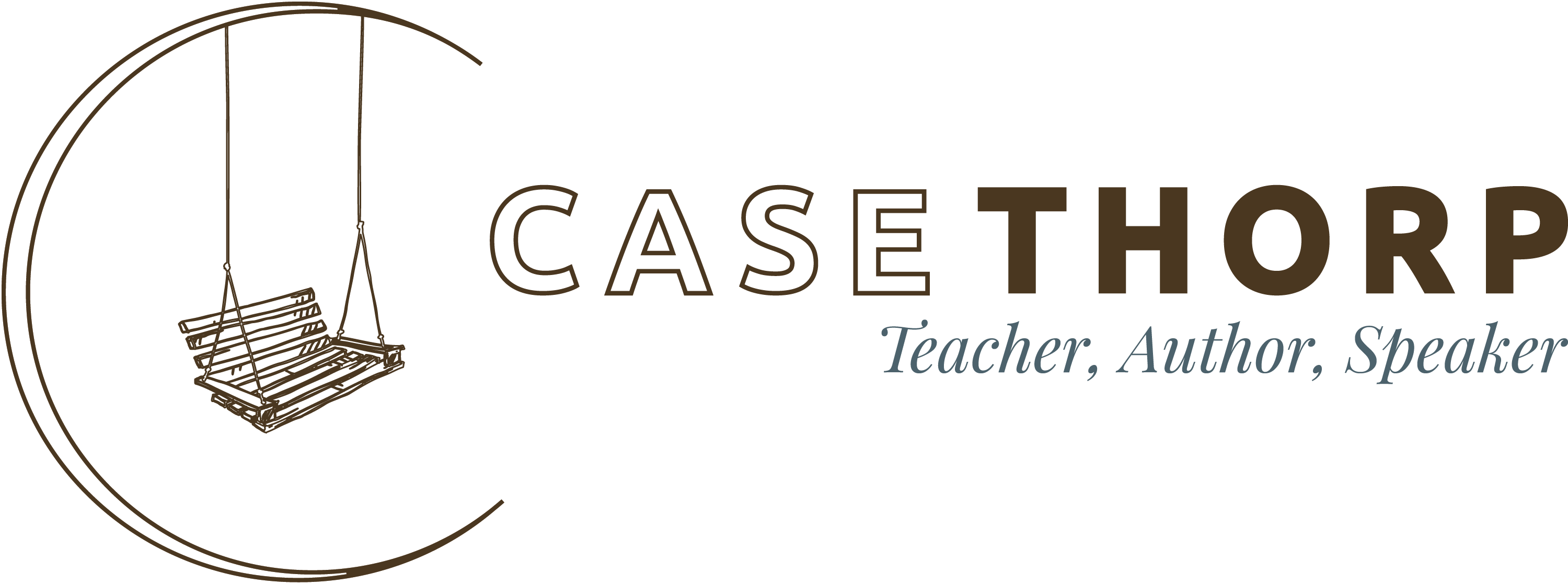Richard John Neuhaus (1936-2009) was a Canadian become American, Lutheran pastor become Catholic priest, political liberal become conservative, and all around intellectual. His life journey made for an interesting mix of convictions and perspectives that, frankly, speak the language of so many post-moderns being dubbed the O-generation (hint: O for Obama). Neuhaus engaged evangelical Protestants in deep theological dialogue building coalitions around issues of life, defense of marriage, and stem cell research. He protested the Vietnam War and was arrested at the now infamous ’68 Democratic National Convention, but all the while insisted a life agenda was rooted in the same philosophy that led King to march on Selma. He co-authored books with liberal academicians and activists as well as evangelicals like Charles Colson. Time magazine noted in 2005 that President George W. Bush quotes Neuhaus in more religious publication interviews than any living person. Neuhaus will be most remembered for his work on religion and the public square due to his 1984 book, “The Naked Public Square,” and the academic journal he began, First Things.
For this WASPy young man seeking to be shaped for future service in the church, college and graduate school brought an on-slaught of liberalism challenging my undeveloped, but deeply held, convictions concerning the church’s role in the world and the legitimacy of the Christian intellect. In retrospect, I realize Neuhaus affirmed two convictions for my adolescent faith, as narrow as the critics along the way claimed them to be, enabling me to advance through the academy with confidence. By reading his work, subscribing to First Things, and attending his monthly seminars at the Union League Club in New York Neuhaus taught me that religion does have a voice in the public square and that conservative or evangelical Christians do have an intellectual foundation that is sophisticated, comprehensive, and relevant.
Neuhaus confronted those in the media and academy who think religious leadership and/or institutions should speak only when spoken to. Some blatantly disagree with the voice of the church and other faiths, but at least they allow for the dialogue to occur. It is those in place of authority that do the most damage when they render religious leadership impotent by simply ignoring them. The disregard for and lack of voice allowed from those of faith can create a public square in which the next generation thinks it curious, cute, or contemptible that religious communities have something to add, proclaim, protest, or condemn. Neuhaus not only argued for the full inclusion and participation of the voice of the faith community, he did so by frequently engaging national leadership, appearing on mainline newscasts, and utilizing the power of the pen through his books and journal.
I am by no means a Neuhaus scholar. In fact, upon reading numerous epitaphs on the occasion of Neuhaus’ death last week I had to consult that source of greatest erudition, Wikipedia, to learn the theory behind Neuhaus’ Law. (Look it up; great concept.) Yet, now as a pastor working to see my church engage the world both in humble service and sharing the saving truth of the Gospel I recognize the subtle way Neuhaus, a New York City Roman Catholic scion of faith, had an impact on this Southern boy from an Atlanta suburb.
Rev. Case Thorp is an Associate Pastor for Mission and Evangelism at First Presbyterian Church of Orlando.

